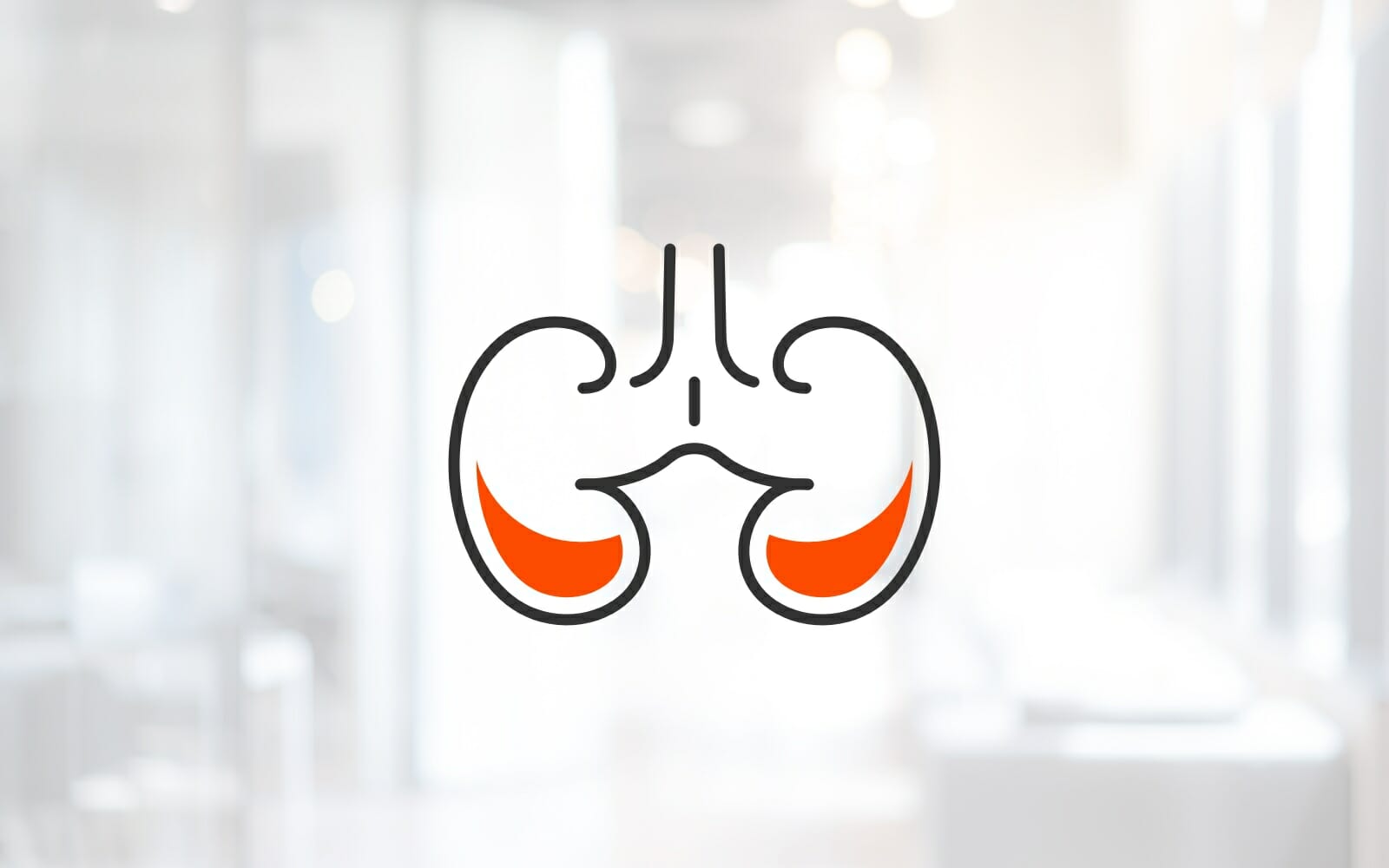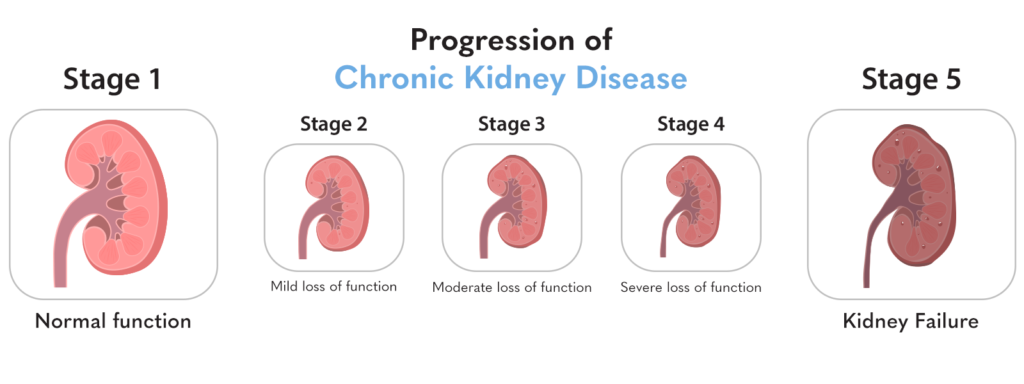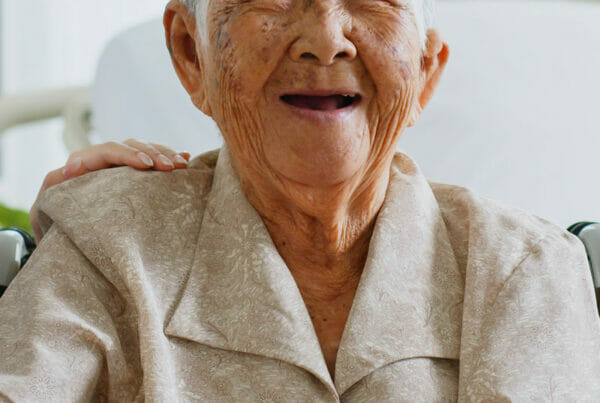
Treatment options for kidney failure include dialysis and transplantation. Learn how hospice for kidney disease provides supportive care to those who choose not to pursue either option.
One of the most important functions of the kidney is the removal of metabolic waste, hormones, drugs, and other foreign materials from the blood. In essence, the kidneys are the body’s filter. They prevent the buildup of not only these waste materials, but also of water and electrolytes within the body. A person cannot survive without functioning kidneys.
End stage renal disease (ESRD), also referred to as kidney failure, is the last stage in chronic kidney disease. It is often the result of continued damage to the kidney. This damage is caused by diseases like diabetes and high blood pressure, kidney inflammation and recurrent kidney infections. Unfortunately, damage to the kidney is irreversible.
Patients with ESRD often complain of abnormal heart rhythms, dry skin, itching, fatigue, muscle cramps, shortness of breath, difficulty sleeping, loss of appetite and pain.
Treatment Options for Kidney Failure
There are three treatment options for ESRD. The only curative treatment option is a kidney transplant. According to the National Kidney Foundation, there are currently 100,000 people waiting for a kidney transplant.
The other two options are dialysis and providing supportive care. While dialysis does on average extend a patient’s life, it is not for everyone. Dialysis can increase symptom burden and the need for both medical interventions and hospitalization. It can also cause or worsen some kidney failure symptoms and kidney function itself.
Supportive or conservative care is another option. This focuses on a patient’s quality of life without pursuing curative or prolonging measures like transplantation or dialysis. Patients who go with this treatment option spend less days in the hospital and tend to stay relatively stable until the last two months of life. Patients over the age of 75 with ischemic heart disease, multiple comorbidities, residents of long-term care facilities and those that are considered frail are likely candidates for supportive care over dialysis.
There is no accurate way to predict how long a person will continue to live without dialysis or transplantation. It depends on a patient’s chronic conditions, symptoms, medical history, and current kidney function.
Managing Kidney Failure with Active Hospice
Active Hospice provides supportive care to end stage renal patients who choose not to pursue dialysis or a kidney transplant. Symptomatic care of your pain, fatigue, itching and other signs of ESRD is our focus of care. Our end of life care plans extend to more than just the physical symptoms of ESRD. Our loving team of nurses, social workers, chaplains, CNAs and providers are able to provide relief for the psychological, social and spiritual needs of both you and your loved ones as you prepare for life’s final journey.
Some of the benefits of managing your kidney failure with Active Hospice include:
- Better symptom management
- Decreased trips to the hospital
- Better end of life planning
- More control over your end of life care
- Improved quality of life
- Respite Care
- Bereavement for family members
- Improved spiritual well-being
Why Choose Active Hospice for Kidney Disease?
Active Hospice’s patients experience physical, emotional, and spiritual support in the comfort of their home and spend less time in the clinic setting. No painful procedures, test, or countless hours of rehab only to delay the inevitable. Active Hospice helps patients and their families attain a sense of closure and understanding, providing more lasting memories and enjoyable moments as you prepare for life’s final journey. Call us today for a free, in-home consultation.




